Evaluation of the project PRODECREO to promote the rights and socio-occupational reintegration of women deprived of their liberty in the Dominican Republic
Title PRODECREO – Promoviendo Derechos, Fortaleciendo Capacidades y Creando Oportunidades para la Integración de Mujeres Privadas de Libertad en la Sociedad Dominicana
Location CCR Banì Mujeres, Province of Peravia and CCR Rafey Mujeres, Province of Santiago de Los Caballeros, Dominican Republic
Lead partner Universidad ISA
Partners Made in Carcere, Red ADELDOM
Funding EuropeAid
Context
In 2019, the Dominican Republic launched the Plan de Humanización del Sistema Penitenciario, a reform by which it intended to change the imprisonment system to make it more humane. Currently, the system consists of 42 centers, of which 21 follow the new management model and are identified as Centros de Corrección y Rehabilitación (Correction and Rehabilitation Centers, CCRs), 19 still follow the old management model and are identified as Public Prisons, and finally there are 2 Preventive Prisons.
In CCRs, they accommodate a number of inmates less than or equal to the maximum allowed capacity; they are administered by VTP officers and licensed staff divided by specific areas, including security, legal services, health services, education services, administration and center management. CCRs have larger spaces than Public Prisons and more space is devoted to social and social reintegration programs, training and recreational activities.
In CCRs, the goal is to promote rehabilitation and that is why educational programs are fundamental.
The project Promoviendo Derechos, Fortaleciendo Capacidades y Creando Oportunidades para la Integración de Mujeres Privadas de Libertad en la Sociedad Dominicana (Promoting Rights, Strengthening Capacities and Creating Opportunities for the Inclusion of Women Deprived of Liberty in Dominican Society, PRODECREO) aims to improve the quality of life of women in detetion in the Baní and Rafey Mujeres CCRs. By strengthening their technical skills and working on their self-esteem, coping skills, psychological and socio-relational well-being, the project aims to achieve two objectives: first, to improve the lives of women within the Center and second, to pave the way to facilitate both the path to reintegration into work and reintegration into society.
General Objective
The project PRODECREO partners engaged the M&E and Impact Evaluation Unit to carry out the initial evaluation, final evaluation, and social impact assessment of the project using SROI methodology.
Ou contribution
ARCO’s evaluation work consisted of 3 stages:
- The initial evaluation, conducted during the first year of activity, allowed Researchers to grasp the peculiarities of the situation before the implementation of project activities.
- The final evaluation, conducted at the end of the project, allowed to assess the effectiveness, efficiency, relevance, impact and sustainability as well as the changes generated by the project on the multidimensional well-being of women deprived of their liberty.
- The social impact assessment using the SROI methodology, carried out by ARCO with the support of ISA University, allowed the exploration of the outcomes triggered on key stakeholders, achieving the synthetic social return on investment index.
|
The application of the methodology resulted in an SROI of 3.02. This means that for every euro invested, a social and economic return of 3.02 euro was generated. |
The M&E and Impact Evaluation Unit designed a qualitative-quantitative evaluation methodology combined with the analysis of documents produced. The data were collected through participatory activities in which both women deprived of liberty and agents of the CCRs, the Procuraduría General (Attorney General’s Office), and other relevant stakeholders such as representatives of the New Management Model, the National School of Prison Officers (ENAP) participated.
Read more on our M&E and Impact Evaluation Unit
Related Projects
-

Monitoring Information System for project WATDEV on water management and sustainable development in East Africa
-

Research on knowledge, attitude, social norms and practice on reproductive health rights and gender-based violence in Narok county, in Kenya
-

Evaluation of the project that promotes food security and climate resilience in Mozambique
-
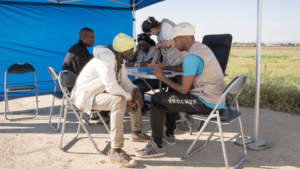
Evaluation of the project strengthening migrants’ right to health in Italy, Greece and Malta
-
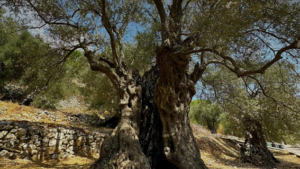
Final evaluation of the project that strengthens olive farmers’ resilience in Southern Lebanon
-
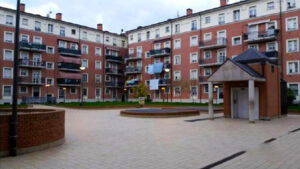
Social impact assessment of the Rapporti Corti project for socio-educational inclusion in the Navile district of Bologna
-

Evaluation of the Naseej project to stop gender-based violence in Iraq, Yemen, and Palestine
-
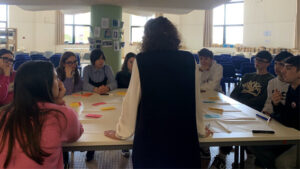
Evaluation of the project that promotes youth employment in Italy
-
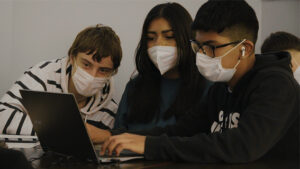
Final evaluation of the ‘5G Smart School’ project for innovative teaching in Italian schools
-
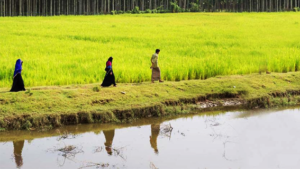
Evaluation of the project that fosters mainstreaming migration into international cooperation and development policies
-
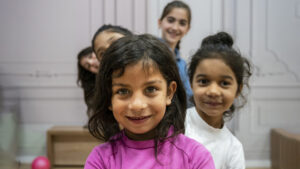
Final evaluation of a project to contrast educational poverty in Albania
-
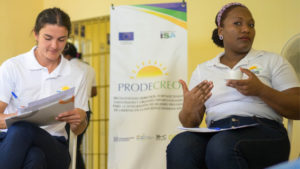
Evaluation of the project PRODECREO to promote the rights and socio-occupational reintegration of women deprived of their liberty in the Dominican Republic
-
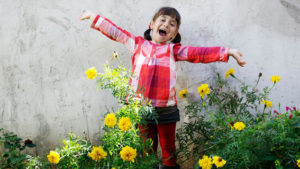
Final evaluation of the SOS Children’s Villages family strengthening project in Bosnia and Croatia
-

Evaluation of the project for the motor rehabilitation of oncological children in Turin
-
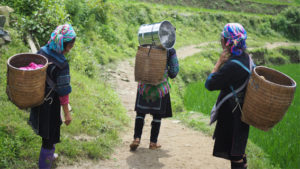
Evaluation of the project that aims to improve the health of the most vulnerable in Myanmar
-
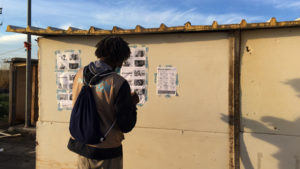
Final evaluation of the project that fosters proximity social-health services in the informal settlements of the Province of Foggia
-

Food Wave, Monitoring the project that promotes sustainable food consumption among young Europeans
-
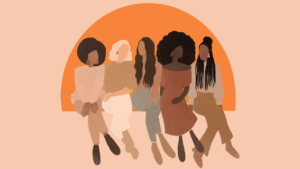
Spazio Donna, evaluation of the projects to foster women empowerment and contrast gender-based violence
-

Evaluation of the projects “M’Interesso di Te” that tackle unaccompanied foreign minors’ integration
-
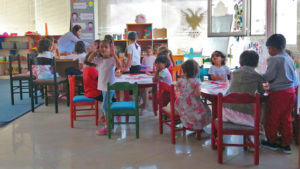
Evaluation of psycho-socio-sanitary interventions in response to the COVID-19 pandemic and the earthquake in Albania
-
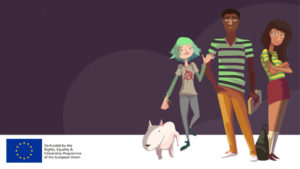
Final evaluation of the Youth For Love project to raise young people’s awareness of gender-based violence
-
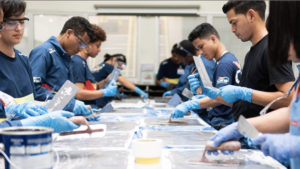
Multi-country mid-term evaluation of the YouthCan! programme, promoting the employability of vulnerable young people
-
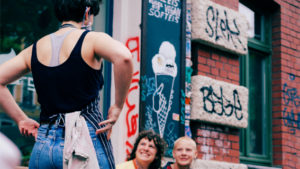
Final evaluation of WEGO2 to support women economic empowerment contrasting intimate partner violence
-
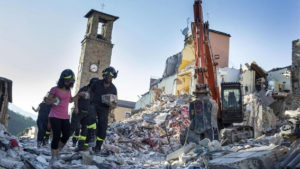
Action Research for the project Do.N.N.E against gender-based violence in Central Italy
-
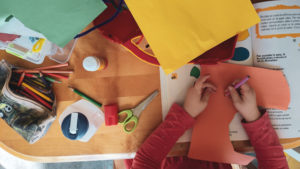
Evaluation of the project “Mentors for Resilience” to contrast educational poverty
-
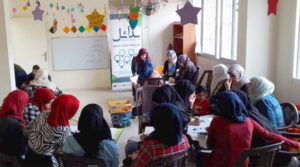
Outcome Harvesting of the project that aims to promote stability and social enterprise in Lebanon
-
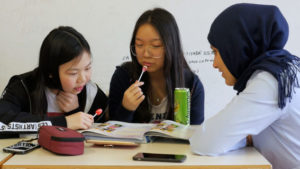
Annual evaluation and SROI of the programme “Nessuno Escluso” to contrast social exclusion and educational poverty in Tuscany
-
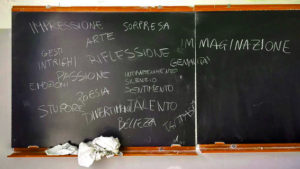
Evaluation of the project “Dreams and Needs” to contrast educational poverty in Italy
-
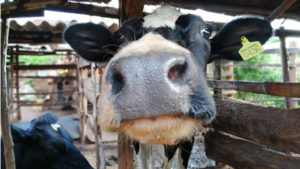
Mid-term evaluation of the project MilKy for the development of a sustainable dairy supply chain in Kenya
-
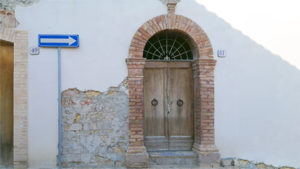
Final evaluation of Pe.R.Co.rrere: resilience of communities in Center Italy
-
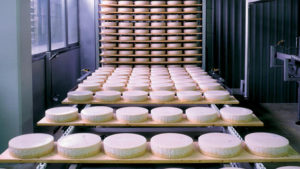
Evaluation of the promotion campaign for Piave DOP cheese in Austria, Germany and Italy
-
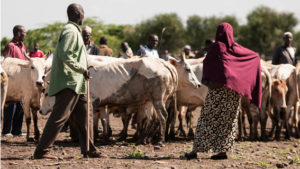
Mid-term & final evaluation of a project to strengthen resilience to climate shocks in Kenya
-
Evaluation of the promotion campaign for Italian specialities in Japan
-
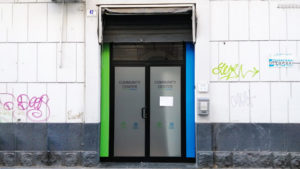
Community center, final evaluation of the social inclusion project
-
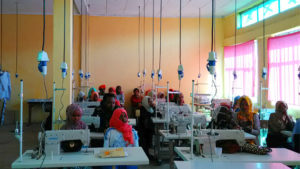
Mid-term evaluation of the project to contrast irregular migration in Ethiopia
-
Mid-term evaluation of the project for the conservation of Protected Areas in Albania
-
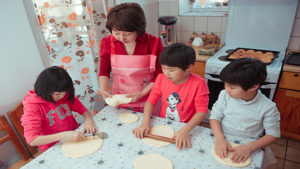
Social Impact Assessment of children’s protection programmes in Kyrgyzstan
-
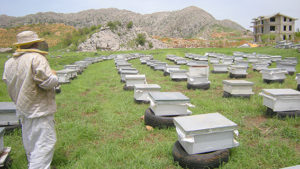
Monitoring&Evaluation of reintegration services for drug addicts and ex-addicts in Lebanon
-
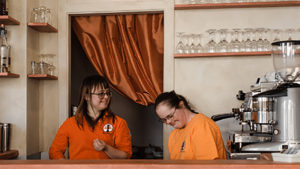
SROI Analysis, Albergo Etico social performance
-
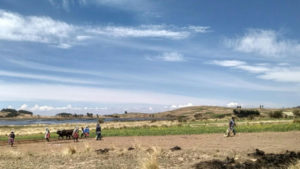
ECO.COM: strengthening local economic development in Bolivia
-

Improving the sustainability in the cherry supply chain in Bulgaria and Turkey
-
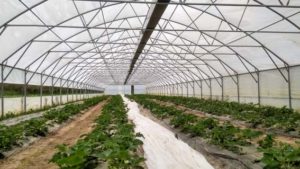
Evaluating sustainable agricultural supply chains in Bosnia Herzegovina and Albania
-
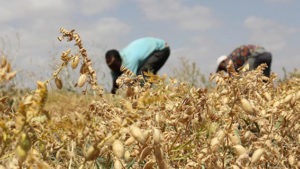
Impact evaluation of the creation of a durum wheat supply chain in Ethiopia
-
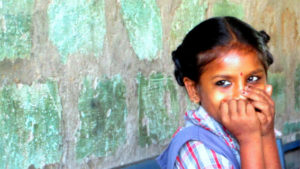
Impact evaluation of a Rehabilitation programme in India